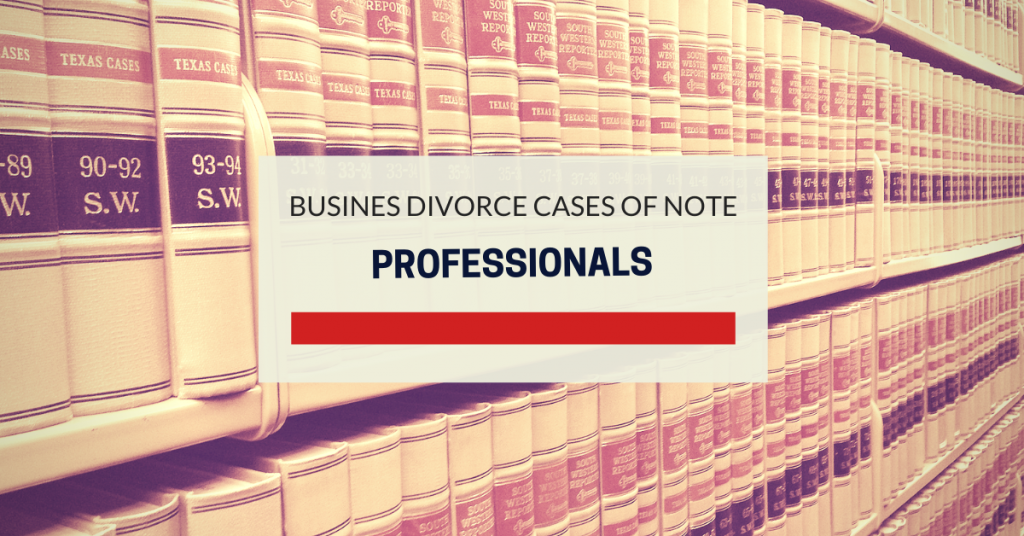-
Restrictive covenants that limit the ability of former employees to compete have been the subject of legislative limits in a number of states, including Maine, Maryland, Massachusetts, New Hampshire, Rode Island, Virginia and Washington.
-
Bills that would limit the enforceability of restrictive covenants in New Jersey have been introduced into the legislature since 2017 but have failed to be adopted.
-
Legislative restrictions on agreements not to compete may require minimum compensation, restrict the geographic scope and time frame of the agreement and prohibit courts from “blue penciling” unreasonable restrictive covenants rather than refusing to enforce them entirely.
Restrictive covenants continue to be disfavored or limited by legislatures in a number of states. New Jersey is among the states in which no legislative action has been taken to limit the types of employees that may be subject to restrictive covenants or the scope agreements not to compete. Bills that would limit the enforceability of restrictive covenants have been introduced in the New Jersey legislature since at least 2017 without gaining adoption. (See Assembly Bill 1650)
The Illinois legislature this week advanced legislation that will limit the enforceability of restrictive covenants against many former employees earning $75,000 or less and set limits for enforceability. These statutory limitations on the enforceability of restrictive covenants are becoming more widespread. Continue reading
 The Business Divorce Law Report
The Business Divorce Law Report



